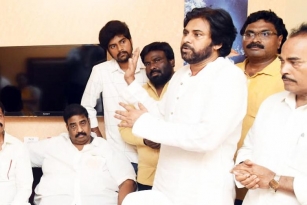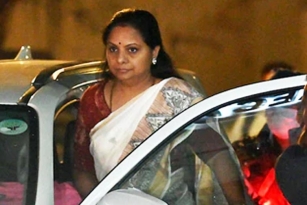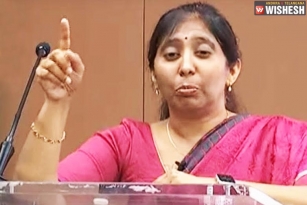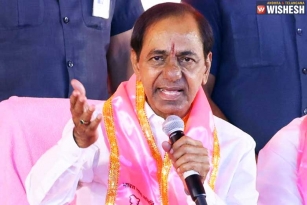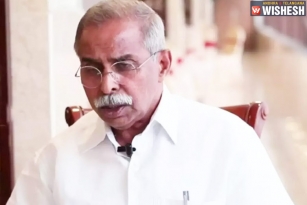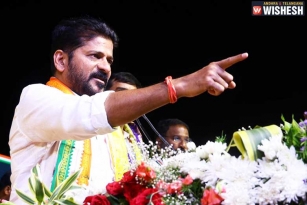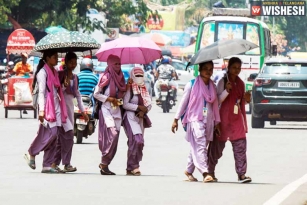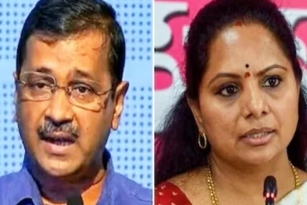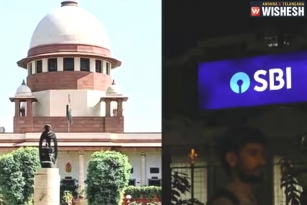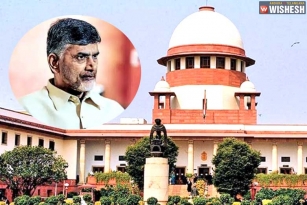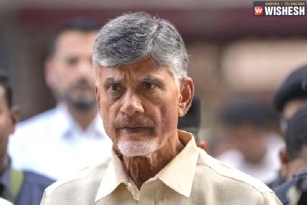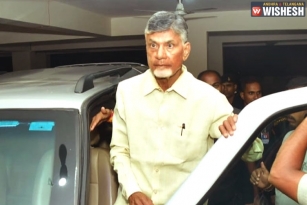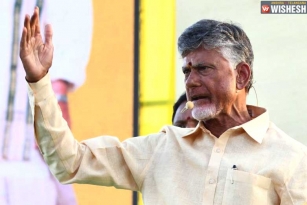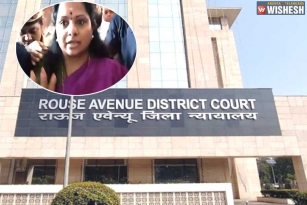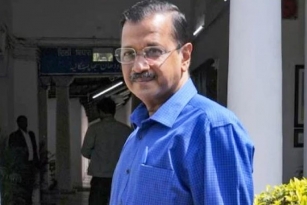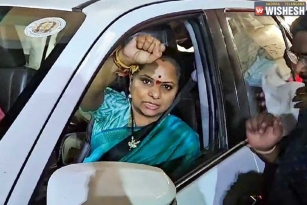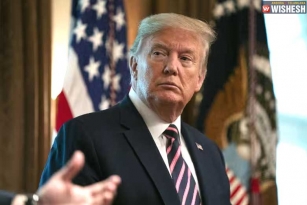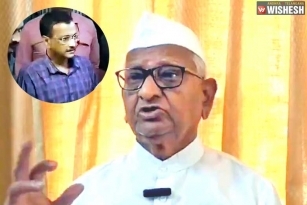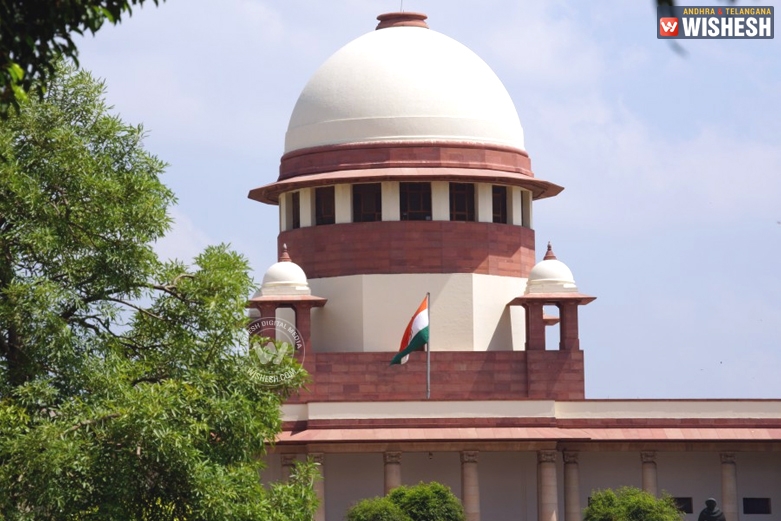
The Supreme Court has asked a five-judge constitution bench to determine whether the citizen's right to privacy is qualified to be a part of the fundamental right to life and if yes, what should be its character and contours. A three-judge bench is forced to refer the critically important question to a larger bench after the attorney general Mukul Rohatgi pointed out that two earlier judgments, one with an eight-judge bench in 1954 and another by a six-judge bench in 1962, had ruled that the right to privacy is not a fundamental right.
Several post-Emergency judgments have pronounced by the benches comprising a lesser number of judges, had termed that the right to privacy as part and parcel of citizen's right to life.
"If the observations made in M P Sharma (1954) and Kharak Singh (1962) cases are to be read literally and accepted as the law of this country, the fundamental rights guaranteed under the Constitution of India and more particularly, the right to liberty under Article 21 would be denuded of vigour and vitality," the bench said.
"At the same time, we are also of the opinion that institutional integrity and judicial discipline require that pronouncement made by larger benches of this court cannot be ignored by the smaller benches without appropriately explaining the reasons for not following the pronouncements made by such larger benches," the three-judge bench said.
"Therefore, in our opinion, to give a quietus to the kind of controversy raised in this batch of cases once and for all, it is better that the ratio decidendi of M P Sharma and Kharak Singh is scrutinized and the jurisprudential correctness of the subsequent decisions of this court where the right to privacy is either asserted or referred be examined and authoritatively decided by a bench of appropriate strength," it said.
The three-judge bench wanted an authoritative pronouncement to settle the "unresolved contradiction in the law declared by the Supreme Court". The government relied on the basis of two judgments of over 50-year-old, that the right to privacy is not a fundamental right and that the apex court must refer it to a larger bench to settle the controversy, whether the right to privacy is a fundamental right at all.
The issue of right to privacy was arisen by a bunch of petitions challenging the Centre's decision to link Aadhaar card, which contains the vital personal data of citizens, to disbursement of benefits under several welfare schemes. The petitioners had contended that since the Aadhaar card data was being allowed to be handled by private parties / contractors / systems operators, it would pose a serious threat to a citizen's right to privacy.
By Premji


